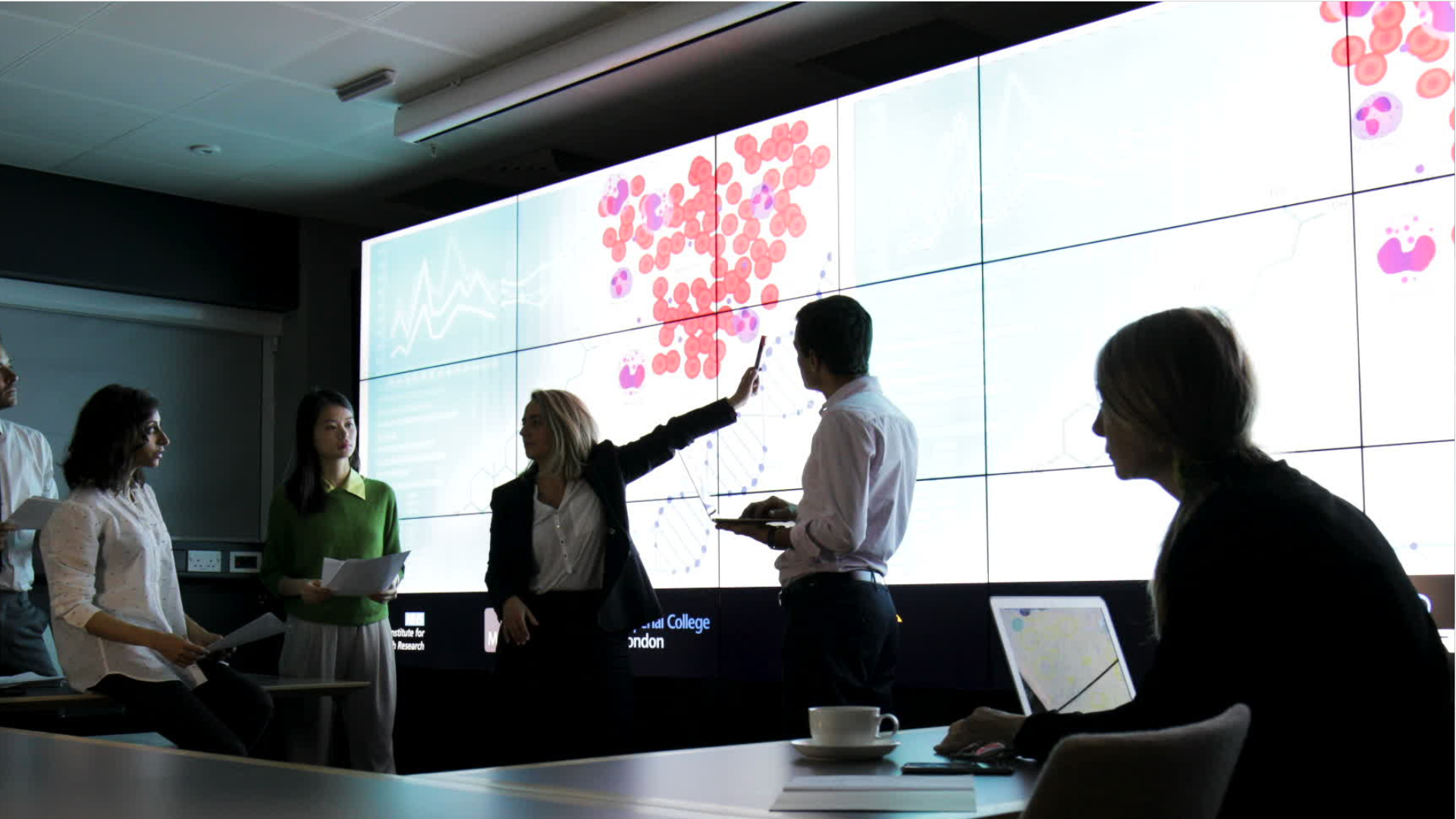Biostatisticians
Biometrician, Biostatistician, Research Scientist, Statistical Scientist
What they do:
Develop and apply biostatistical theory and methods to the study of life sciences.
On the job, you would:
- Draw conclusions or make predictions, based on data summaries or statistical analyses.
- Analyze clinical or survey data, using statistical approaches such as longitudinal analysis, mixed-effect modeling, logistic regression analyses, and model-building techniques.
- Write detailed analysis plans and descriptions of analyses and findings for research protocols or reports.
Knowledge
Math and Science
- arithmetic, algebra, geometry, calculus, or statistics
Arts and Humanities
- English language
Engineering and Technology
- computers and electronics
Health
- medicine and dentistry
Skills
Basic Skills
- using math to solve problems
- figuring out how to use new ideas or things
Problem Solving
- noticing a problem and figuring out the best way to solve it
People and Technology Systems
- thinking about the pros and cons of different options and picking the best one
- figuring out how a system should work and how changes in the future will affect it
Abilities
Verbal
- communicate by speaking
- read and understand what is written
Math
- choose the right type of math to solve a problem
- add, subtract, multiply, or divide
Ideas and Logic
- make general rules or come up with answers from lots of detailed information
- use rules to solve problems
Personality
People interested in this work like activities that include ideas, thinking, and figuring things out.
They do well at jobs that need:
- Analytical Thinking
- Integrity
- Attention to Detail
- Cooperation
- Independence
- Dependability
Technology
You might use software like this on the job:
Analytical or scientific software
- IBM SPSS Statistics
- The MathWorks MATLAB
Presentation software
- Microsoft PowerPoint
Data base user interface and query software
- Microsoft SQL Server
- Oracle Database
Education
Education: (rated 5 of 5)
master's degree or
doctoral degree
usually needed
doctoral degree
usually needed
Job Outlook
Bright
New job opportunities are very likely in the future.
Explore More
- Bioinformatics Scientists
- Bioinformatics Technicians
- Clinical Data Managers
- Data Scientists
- Statisticians
You might like a career in one of these industries:
See more details at O*NET OnLine about biostatisticians.






